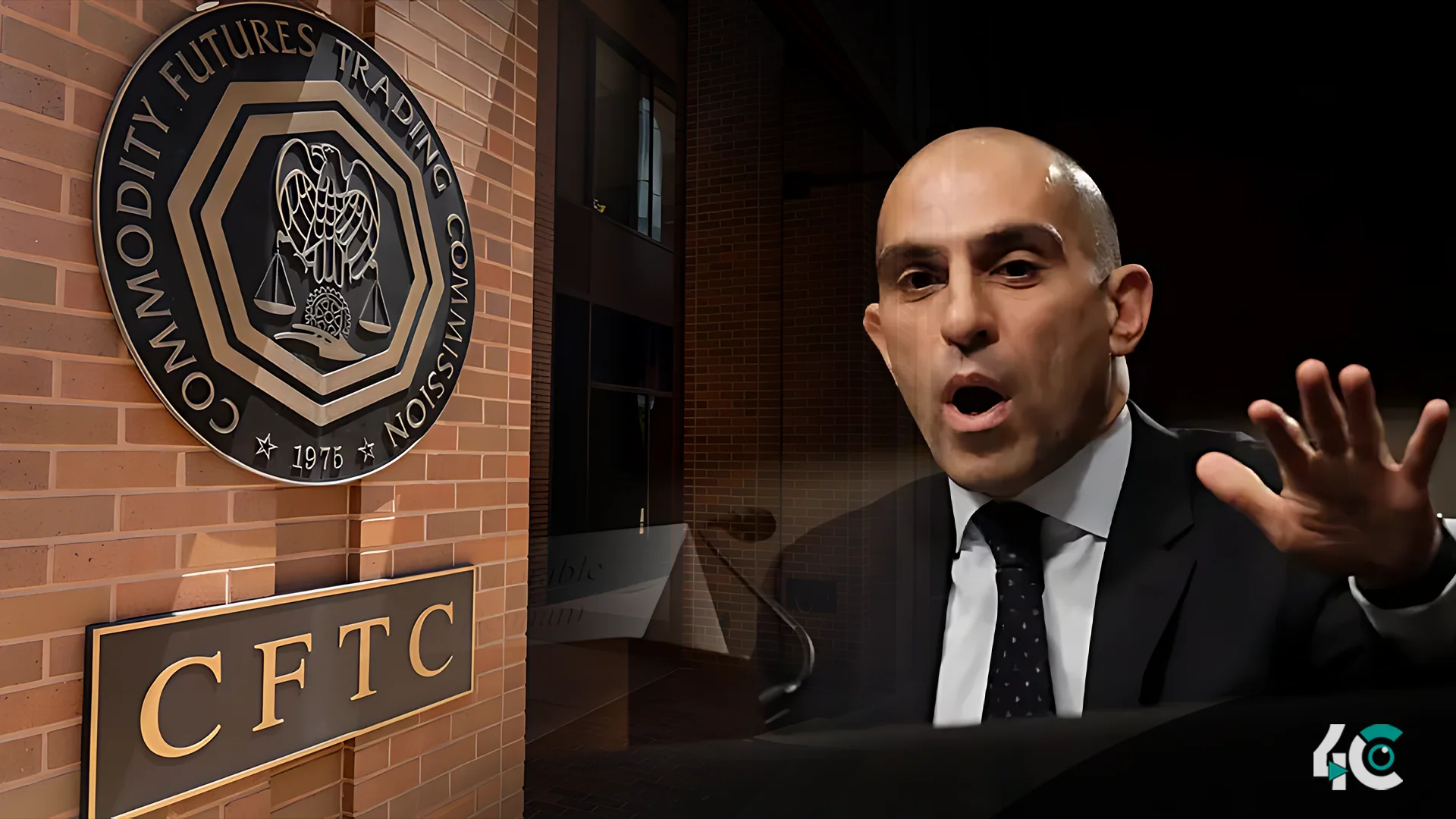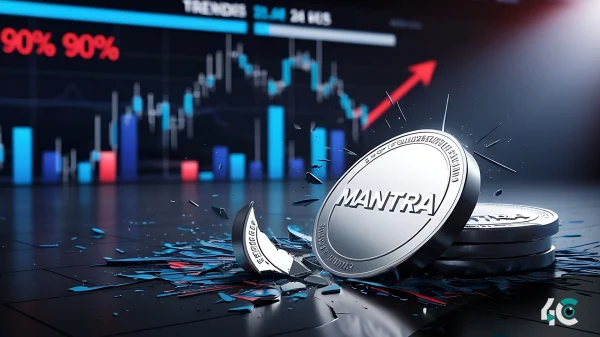Rostin Behnam, the Chair of the Commodity Futures Trading Commission (CFTC), has expressed growing frustration over the slow progress in controlling the bitcoin market. Behnam underlined during a recent industry conference that the lack of a defined legislative framework greatly limits the CFTC’s capacity to monitor the fast-changing sector.
Behnam noted that without certain rules, the agency lacks the capabilities required to properly monitor the crypto sector, therefore exposing both personal and institutional investors to a significant danger. He described the present state of affairs as “handcuffed,” in which the CFTC lacks efficient intervention capacity to stop fraud or other market abuses.
Behnam claims that the absence of a legal framework also leaves companies engaged in the bitcoin sector in an unpredictable environment. Without clear rules, companies struggle to negotiate compliance, and many may decide to establish themselves in more crypto-friendly nations. He cautioned that this regulatory uncertainty would stifle American crypto sector innovation and impede upcoming expansion.
Notwithstanding these obstacles, Behnam is confident that the political scene will soon change to support more forceful action. He stated that a new Congress and presidency could provide the necessary momentum to implement comprehensive digital asset rules. He was wary, in the meantime, about projecting any temporary legislative breakthrough before the end of the year.
Behnam also voiced concerns about the potential for widespread fraud in the crypto sector in the absence of immediate rules. He underlined that letting the market run uncontrolled exposes investors—especially newcomers to the field—to financial losses. Furthermore, institutional money is still wary and reluctant to interact completely with a market without enough safeguards.
The CFTC has responded to these difficulties by looking to developing technologies—including artificial intelligence—to help with market control. Behnam noted that artificial intelligence is analyzing the agency’s massive data collection efforts to detect any instances of cyber attacks or market manipulation. He said that greater identification of possible hazards will enhance compliance, so expanded usage of artificial intelligence may help lower the demand for enforcement activities.
Although the direction of crypto laws in the United States is yet unknown, Behnam’s comments highlight the need to build a strong framework to safeguard investors and guarantee that the digital asset market runs under transparent and enforced laws.













































